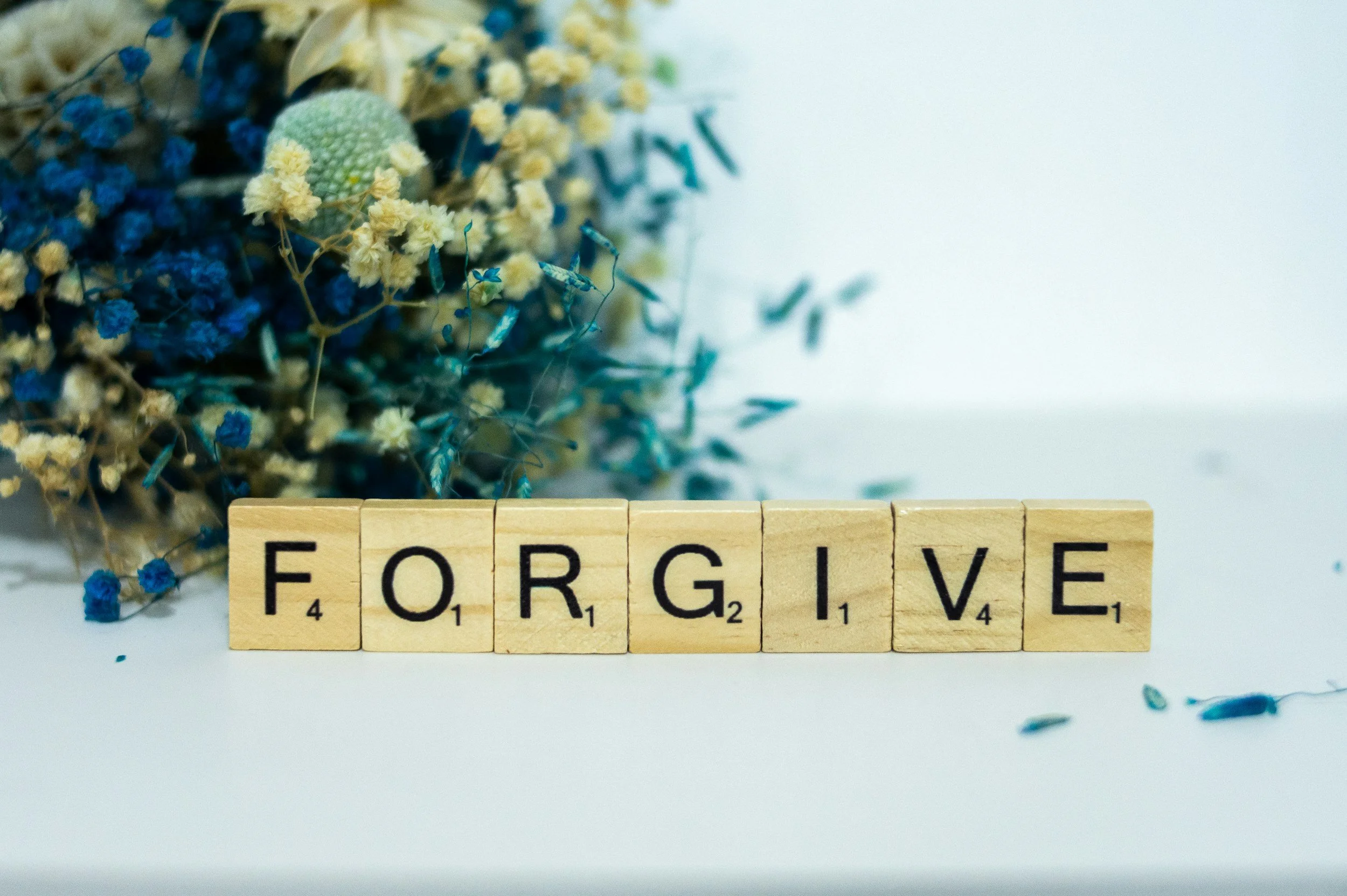Low Self-Worth Makes Enemies of Friends
Does low self-worth turn your friends into enemies? Learn how the fear of being seen as worthless can sabotage your closest relationships and how to stop pushing people away. This post offers solutions with the help of Henri Nouwen.
Unconditional Forgiveness: Is it Biblical?
Unconditional forgiveness is the belief that you forgive someone even if they show no sign of remorse or change. Is this biblical? In this post you will learn about the three levels of forgiveness outlined in the Bible.
Caring for Aging Parents - a positive story
Frustrated with how to best care for your aging parents? It’s often complicated by other family members. Here’s a positive story of caring for parents that might encourage you.
Grieving the Loss of Family Relationships
Feeling rejected by family? This article offers compassionate insights and practical 'rules of engagement' for navigating broken relationships when others aren't ready to reconcile.
Forgiving your Abuser - Eight steps to freedom
Should you forgive your abuser? Will it make you vulnerable to further abuse? This post shows how forgiveness actually gives you the ability to distance yourself from your abuser and move on with your life.
Forgiveness, Boundaries and Family
Offering forgiveness is not easy. There are many factors to consider. In this post I answer three questions from readers about forgiving family members and setting boundaries.
Tough Questions and Answers about Forgiveness
In this post I answer two tough questions from readers about forgiveness and setting boundaries. What questions do you have about forgiving others or being forgiven?
How to apologize well – Three Ways to Rebuild Trust
Reconciliation requires the ability to forgive and the ability to rebuild the trust that has been lost. This post looks at three ways to rebuild trust.
How to apologize well – Part Four: Rebuild Trust
How do you apologize well and sincerely? What practical steps can you take to restore a broken relationship and move toward healing? There are four important components to making an effective and meaningful apology. In this post, I focus on the fourth and final component: the process of rebuilding trust.
How to apologize well – Part Three: Ask Forgiveness
In this series on how to apologize well, I look at four components of an effective apology. In this post I look at how to ask for forgiveness.
How To Apologize Well - Part Two: Express Sorrow
There are four key components to a true apology. But many people fail to offer all four well. In this post I discuss the importance of expressing true sorrow to regain the trust that has been broken in a relationship.
How to apologize well - part one: admit
An authentic apology requires four essential parts, yet most people unfortunately fail to address all four components effectively. This post serves as the first installment in a new series where I will explore the critical need to honestly and fully admit what you did to offend someone. It is only when you take this complete responsibility that the person you have hurt will be willing to even consider offering you forgiveness.
Forgiving the Unforgivable Taps a Divine Source
Some personal hurts are so deeply painful that they often feel completely unforgivable. However, with God’s help and guidance, what once seemed impossible can gradually become possible. This is the final post in a series that explores how to find the strength to forgive even the most painful and challenging hurts.
How to forgive the Unforgivable: Is it Foolishness?
This is part three in a series of posts considering whether or not it is possible to forgive all offenses. Is anything unforgivable?
How to Forgive the Unforgivable - part two
Is there any offense that can be considered unforgivable? This is part two in a discussion on the depths of forgiveness that God calls us to offer to those who have offended us.
how to forgive the Unforgivable
Is it truly possible to forgive everything that has been done to us? Are there actions or experiences that remain unforgivable, no matter the circumstances? This post delves into these challenging questions and examines the deeper, often complex levels of forgiveness.















